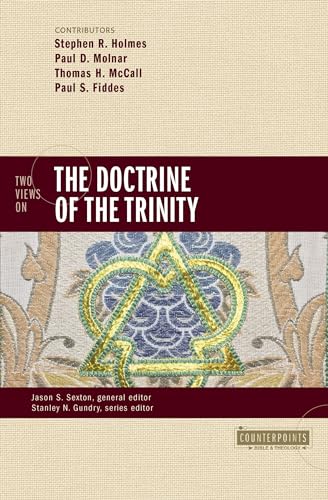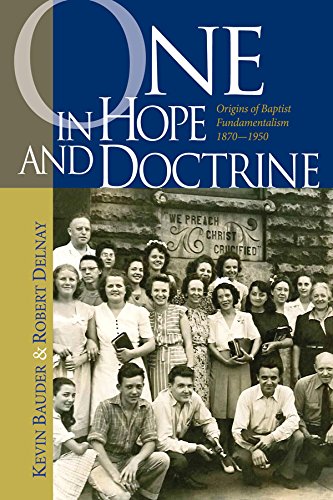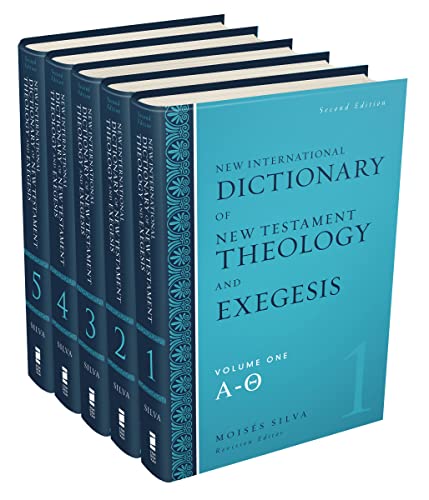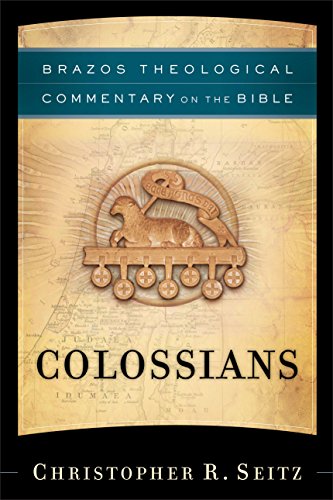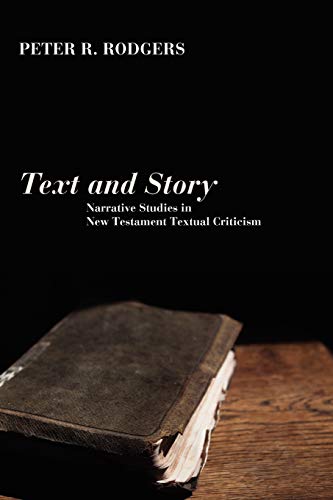Christian Moral Theology in the Emerging Technoculture: From Posthuman Back to Human
Written by Brent Waters Reviewed By Earl WaggonerThe author’s intent for this book is to provide a framework for developing a Christian moral theology within the “emerging technoculture.” Specifically, Brent Waters answers two questions. First, how does one live Christianly in a world increasingly defined and shaped by technological advancement? Second, what does Christianity offer to people in danger of becoming consumed by the machines and devices of such advancement?
Waters serves at Garrett-Evangelical Seminary as both the Jerre and Mary Joy Stead Professor of Christian Social Ethics and Director of the Jerre L. and Mary Joy Center for Ethics and Values. He has written extensively on technology and aspects of the moral life. In this volume he recognizes the culture-forming power of technological advances, from surgical techniques that prolong human life to the smart phones that are more computer than phone. However, Waters maintains throughout that technology per se is not the problem. Technology is merely the outgrowth of late modernity’s attempt to master nature and overcome mortality, the manifestation of our collective will to power and desire to create, or recreate, a favorable history. In this book, then, the author analyzes and critiques technoculture’s root ideology, and uses that analytical fruit to engage theologically with technoculture’s realities. While the book’s analysis is rich and thick, the author ultimately intends to address the practical and mundane realities of everyday life.
The book is divided into three major parts dealing with, in this order, philosophical critique, theological construction, and moral engagement. Part I begins with the foundational treatment of Friedrich Nietzsche’s and Martin Heidegger’s concepts of nihilism and historicism. These concepts define a posthuman future and provide the root ideas from which the technoculture draws its force. Concluding that Nietzsche and Heidegger offer failed solutions to the problems they identify, Waters nevertheless takes their horizon-less landscape and seeks a way out via the thought of George Grant, Hannah Arendt, and Albert Borgmann.
Borgmann provides the most fruitful approach for addressing and dealing with nihilism and historicism. While Grant and Arendt diagnose societal darkness well and offer alternative approaches, the practical nature of their approaches is either too vague (Grant’s “‘perhaps’ of waiting for a waiting God” [p. 81]) or too elusive (Arendt’s resignation to an oasis existence). Waters also finds their solutions seriously lacking in theological content. Borgmann, however, not only accepts the pervasive, powerful presence of the technoculture; he also seeks to reform it and even present a more alluring model of thriving for techno dwellers. His “focal things” and “focal practices” provide Waters the concepts and framework for fleshing out a plan for true human flourishing.
In Part II the author builds on his philosophical critique by introducing and developing cogent theological concepts. These concepts become tools for liberating techno folk from what appears to be their dark destiny. Responding to Grant’s thin theological underpinnings, Waters develops a fuller and stronger Christological framework. He then follows Grant’s lead in “confessing the darkness as darkness” (p. 116) by developing a clear understanding of the concepts of judgment, hope, and grace. These concepts (particularly judgment) become tools for successfully making that critical confessional move. But a second confessional step, also dependent on judgment, must also be taken. Individuals and groups must not only confess cultural darkness as darkness, but confess their own culpability as darkness. Confession leads to repentance, which then “reorients and reorders a subsequent sequence of acts in line with what is judged to be good and right (p. 126).” And the nihilistic cycle is broken.
Forgiving and promising–seeking and granting forgiveness, coupled with “the promise of amended lives” (p. 148), define the new cycle of behavior. This new behavioral pattern orients life toward “natality,” Arendt’s concept of rebirth. However, natality works only if the goal is changed. The new horizon toward which the trajectory of the moral life is now directed becomes the hopefully anticipated, graciously given gift of Jesus Christ’s parousia.
Maintaining this new moral trajectory of the amended life requires adoption and application of Borgmann’s focal things and focal practices. Waters develops a set of moral priorities for Christian pilgrims, counter to the nihilistic priorities of nomads, which are then best employed within the focal practices of baptism, Eucharist, and Sabbath, along with “their corresponding virtues of faith, hope, and charity” (p. 188).
In Part III Waters concludes the book by applying his conceptual arguments to the Christian moral life. Here Waters is most practical, helpful, and forceful as he focuses on three selected arenas of moral engagement. The subtitles he uses for the final chapters reveal how he believes these arenas to have been abused in the technoculture: the Internet (“parasitic self-fulfillment”), politics (“nihilistic power”), and economics (“consuming predation”).
This is an impressive volume. Waters provides thorough and insightful analysis and critique of five major social philosophers. He deals with their thought in the same manner that he deals with the realities of technoculture: identifying key elements, making good judgments regarding the useful and useless, and constructing a solid, practical argument for how Christians can experience true human flourishing in this late modern world.
One point of critique might be the lack of a thicker pneumatology. Even as Waters criticizes Grant for his thin Christology (rightly so), Waters’s concept of “dead reckoning” as a metaphor for Christian moral guidance could be strengthened by addressing the significant role played by God the Holy Spirit in providing moral guidance for the Christian.
Earl Waggoner
Earl Waggoner
Golden Gate Baptist Theological Seminary
Brea, California, USA
Other Articles in this Issue
The account of Abraham's near-sacrifice of Isaac has been and will likely continue to be violently applied so long as the dominant misunderstanding of the text prevails...
In recent years, a growing cadre of younger historians has begun publishing significant books on the history of American evangelicalism...
Romans 4 remains a central text in the debate over the New Perspective on Paul...
Within the intra-Reformed debate over baptism, covenant theology is a crucial aspect in determining one's position...
‘Fathers of Faith, My Fathers Now!’: On Abraham, Covenant, and the Theology of Paedobaptism
by David GibsonThe figure of Abraham creates a covenantal framework for biblical theology that allows baptism to be considered in relation to the Bible's developing story line...



